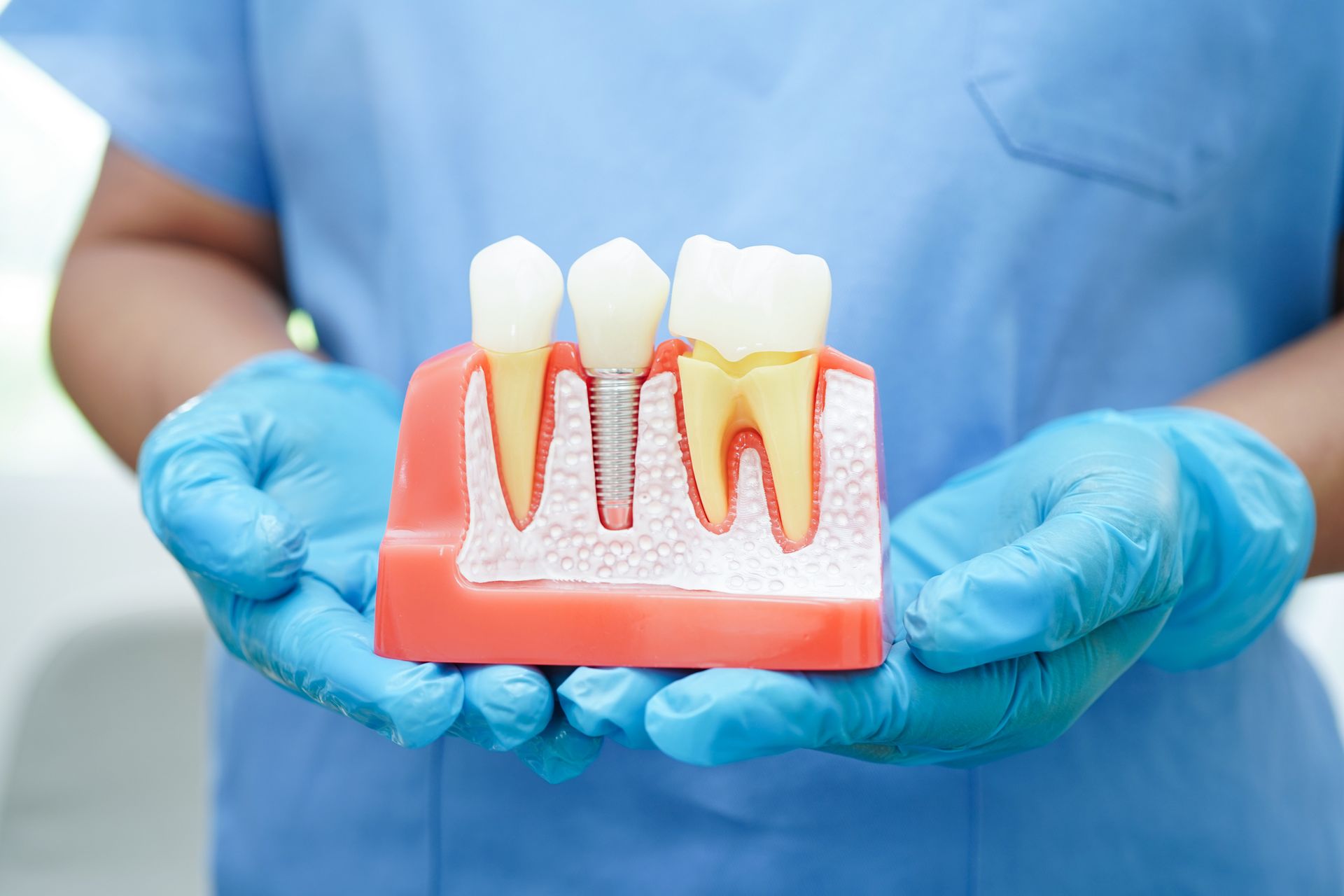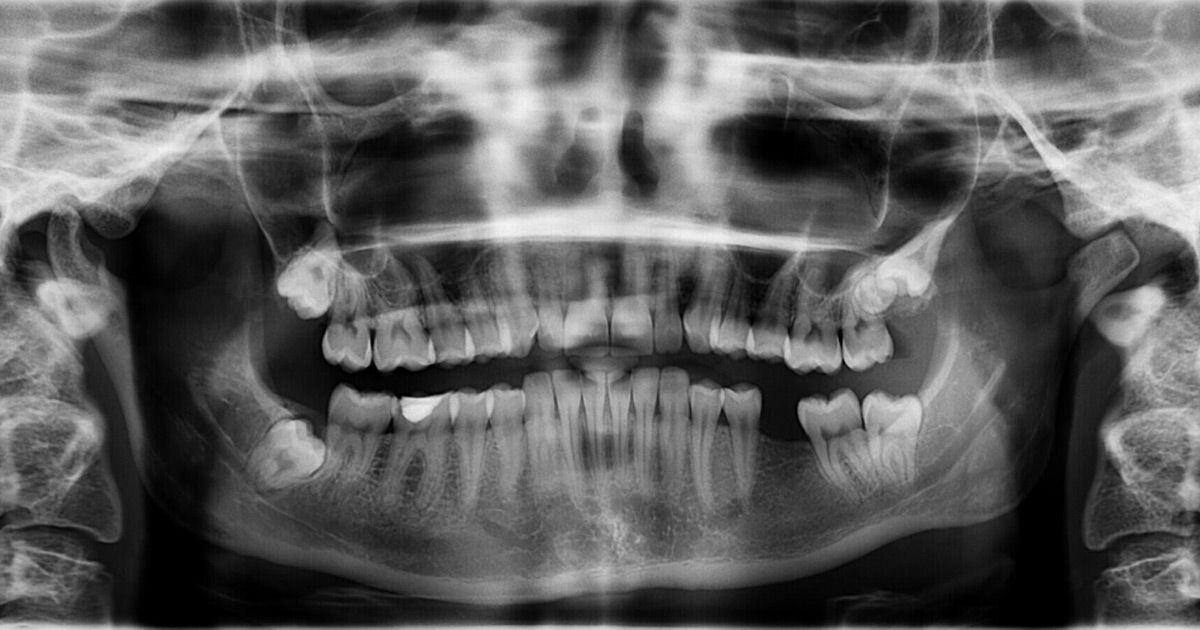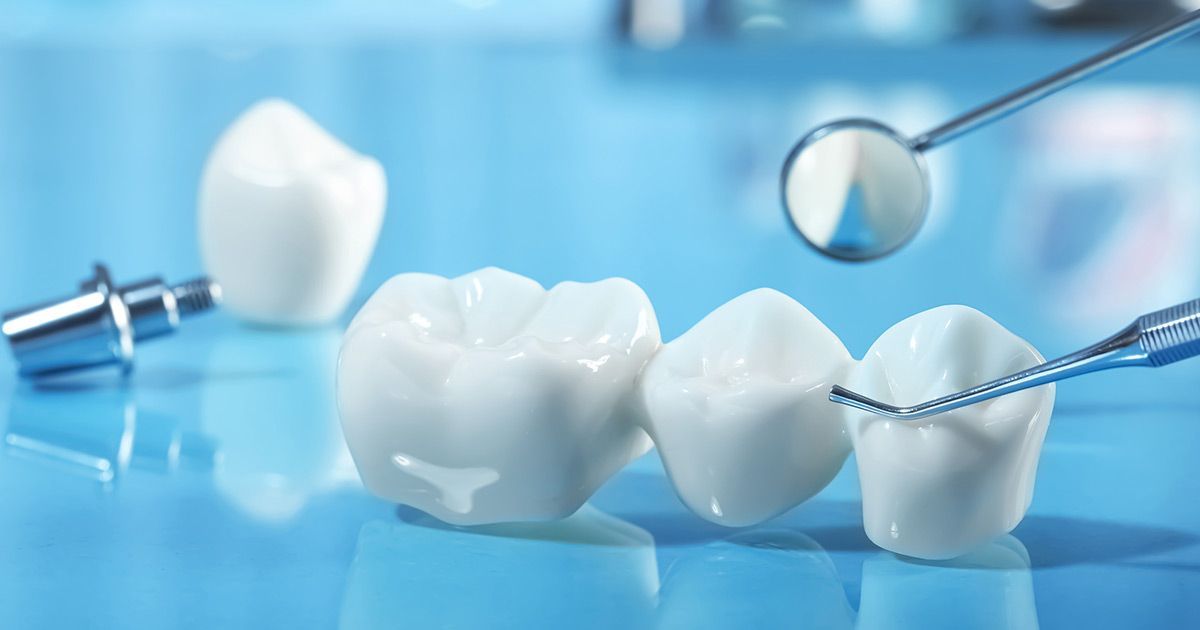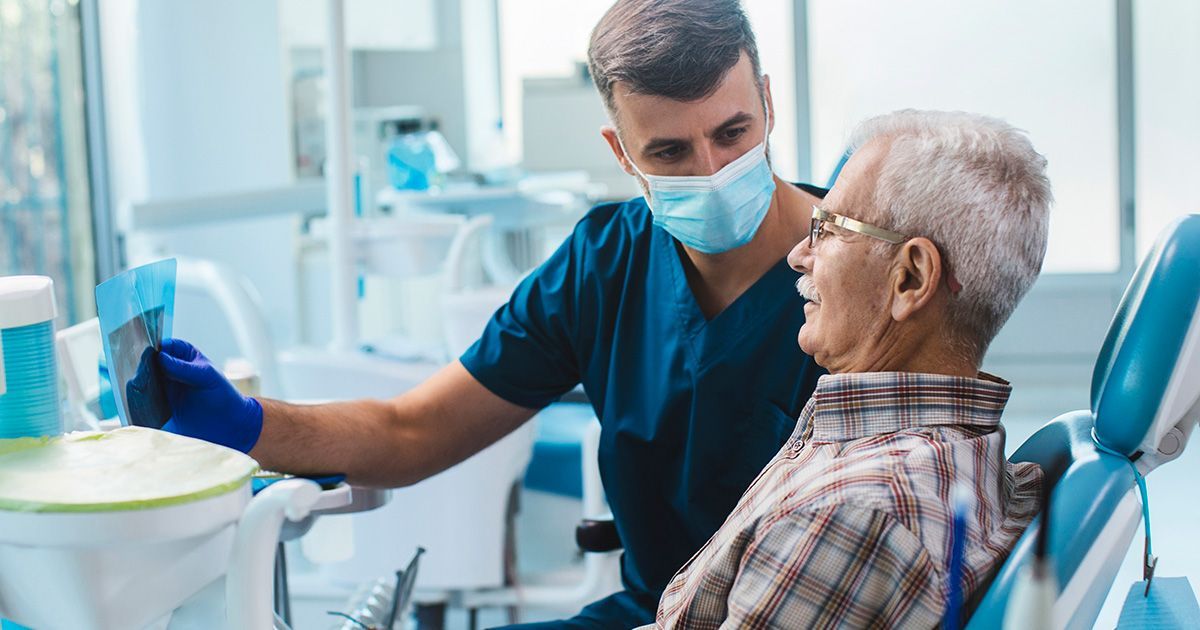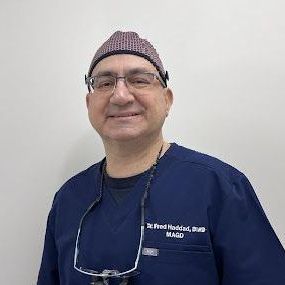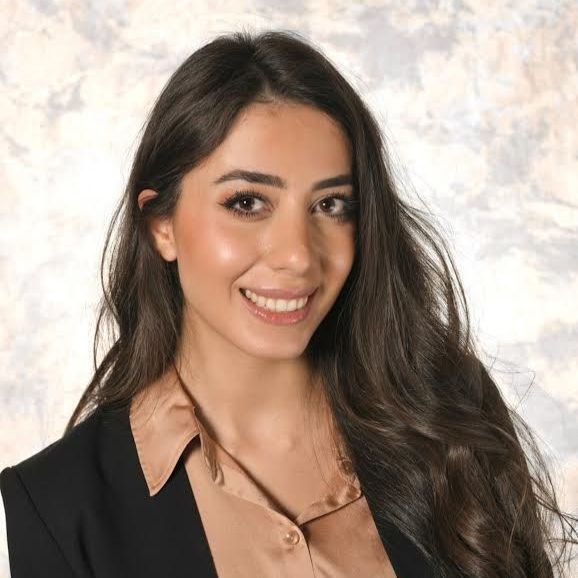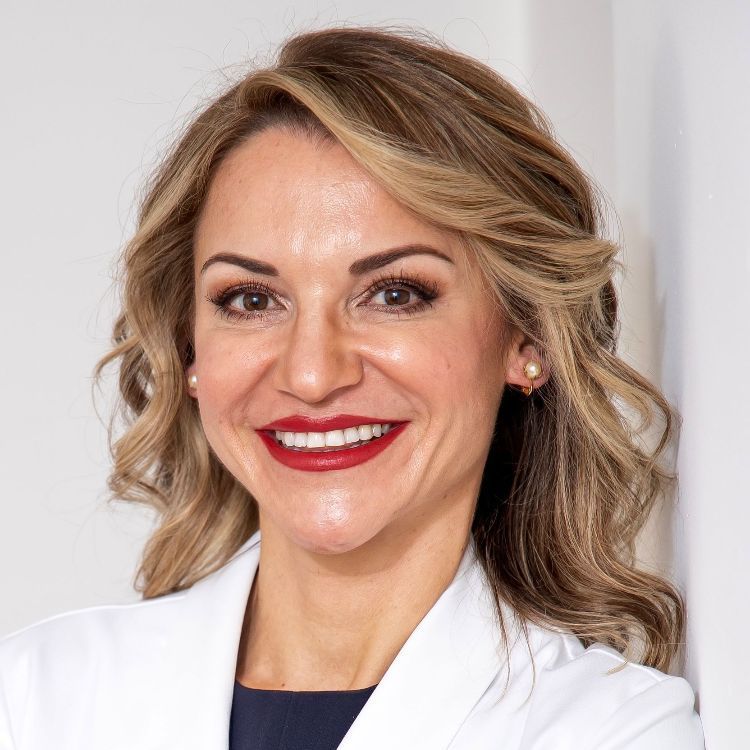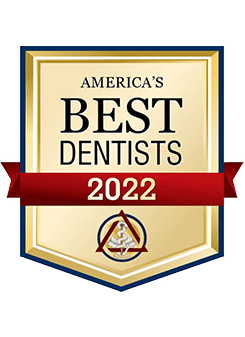Millions of people regularly take anticoagulant or antiplatelet medications (sometimes called “blood thinners”) to help prevent heart attack and stroke, and to manage a variety of medical conditions including cardiac arrhythmia and stent placement. While these drugs have proven, life-saving benefits, they can also cause side effects such as increased bleeding. So it may be a cause for concern if you're taking one of them and you need to have a dental procedure.
Anticoagulants are among the more widely used pharmaceuticals today, particularly for heart patients. Some common prescription anticoagulants include heparin, warfarin (Coumadin and generics), clopidogrel (Plavix) and dabigatran etexilate (Pradaxa). Regular aspirin and NSAIDS (like Advil) also have anticoagulant properties. The purpose of anticoagulant medications is to keep the blood from clotting (clumping together) as readily as it normally does; this reduces the chance of a clot forming inside a blood vessel, which could lead to a stroke or heart attack.
If you are taking one or more of these medications, it will take longer for any type of bleeding to stop. For some dental or surgical procedures, that's a factor that must be considered. The most important thing you should do is inform your dentist right away if you are taking any kind of anticoagulant or antiplatelet medication — especially if you have just started taking it. The name and dosage of your medication will be noted in your records, and your cardiologist (or other specialist) will be consulted if necessary, to determine what's best for you.

